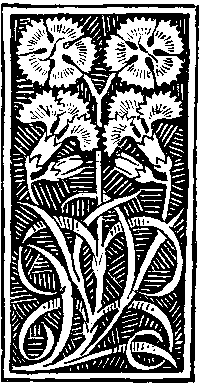Literary Dialect in Sarah Waters’s Fingersmith (2002)
Keywords:
characterisation, Charles Dickens, Fingersmith, grammar, lexis, literary dialect, phonology, plot, Sarah WatersAbstract
So far, much of the critical work on Sarah Waters’s neo-Victorian novels has focussed on how she both adopts and adapts the Victorian novel form to reflect her own interest in lesbian narratives. In contrast, this article explores Waters’s representation of the nonstandard English in the direct speech of the working-class and criminal underclass characters in Fingersmith (2002) and the extent to which it can be read as a development of the literary dialect of the nineteenth century, especially that seen in Dickens’s oeuvre. I demonstrate that her representation of dialect reflects twenty-first-century awareness of, and complex attitudes towards, nonstandard speech varieties. I consider the way in which Waters’s novel, in changing the focus of stories set in the Victorian era, also changes the form of characters’ nonstandard speech, and explain how direct speech is integral to the development of a plot which challenges the reader’s expectations and opinions.
Downloads
Published
Issue
Section
License
Copyright (c) 2023 Neo-Victorian Studies

This work is licensed under a Creative Commons Attribution-NonCommercial-NoDerivatives 4.0 International License.


